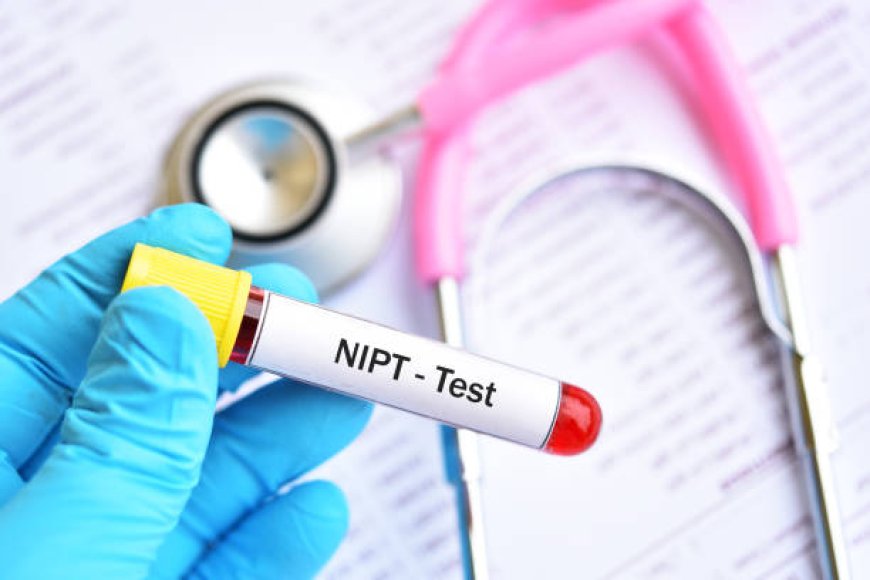Why the NIPT Test in Pregnancy Is a Smart Choice for Expecting Parents

NIPT (Non-Invasive Prenatal Testing) is a noninvasive technique that a healthcare provider asks pregnant women in their 10th week of pregnancy to identify the risk of any genetic abnormalities of the baby. The NIPT test in pregnancy determines the chromosomal disorder, such as trisomy 13 (Patau syndrome), trisomy 18 (Edward syndrome), or trisomy 21 (Down syndrome).
Why NIPT pregnancy test?
NIPT pregnancy test is conducted by taking a cell-free DNA (cfDNA) from placenta. cfDNA is found in pregnant women's bloodstreams, released from placenta after a cell dies and breaks down. NIPT is one type of screening test, and in a few cases, it has the chance of giving false positive or false negative results.
Accuracy of NIPT Pregnancy Test
However, NIPT pregnancy test gives a 99% accurate result in predicting chromosomal abnormalities of the fetus. According to a research study, the NIPT pregnancy test gives accurate predictions for Down syndrome and slightly less accurate predictions for Edwards and Patau syndromes. NIPT is more accurate than the first pregnancy screening test, like first trimester or second trimester screening, where an early pregnancy scan is done to see the baby’s development only.
Understanding NIPT pregnancy test results
The high-risk result of the NIPT pregnancy test signifies the increased possibilities of chromosomal abnormalities. NIPT is a screening test but not a diagnostic test. It can only say whether a baby may have the possibilities of genetic abnormalities or not. If the results of NIPT pregnancy test results come back high risk, then your doctor may prescribe you further diagnostic tests such as CVS (chronic villus sampling).
-
Normal result: NIPT pregnancy test will show “low risk” if there is a low likelihood of the baby having any chromosomal difficulties.
-
Abnormal result: If the NIPT pregnancy test results come as “high risk,” it means there are possibilities of trisomy 21, trisomy 18, or trisomy 13 chromosomal abnormalities, and further diagnostic tests are required.
NIPT pregnancy test benefits
The NIPT pregnancy test is a non-invasive test, and there is no risk associated with it. It does not harm the fetus, and it only takes a sample of cfDNA from the bloodstream released from the placenta. It is completely safe, and it never increases the chances of miscarriage or harming the mother or child. It also reduces the cost of spending on other diagnostic tests.
The NIPT pregnancy test is a smart choice for expectant parents. It predicts chromosomal abnormalities of babies at an early stage of pregnancy and helps to take any necessary decision. It is a revolutionary tool that gives highly accurate results without any potential side effects on mother or child. Medgneome is a trusted company that offers safe and advanced NIPT tests to check a baby’s health early in pregnancy.
Frequently Asked Questions
When should I do the NIPT test?
NIPT pregnancy test is usually done in the 10th week of pregnancy to predict the chromosomal abnormalities in the fetus.
How is the NIPT test performed?
NIPT test is performed by taking a sample of cell-free DNA from the mother’s bloodstream.
Is the NIPT pregnancy test safe?
Yes. The NIPT test is completely safe, and it does not require any invasive techniques. It is a simple screening test.







